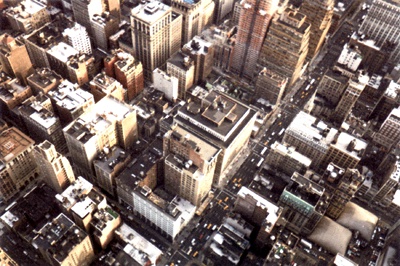All Nonfiction
- Bullying
- Books
- Academic
- Author Interviews
- Celebrity interviews
- College Articles
- College Essays
- Educator of the Year
- Heroes
- Interviews
- Memoir
- Personal Experience
- Sports
- Travel & Culture
All Opinions
- Bullying
- Current Events / Politics
- Discrimination
- Drugs / Alcohol / Smoking
- Entertainment / Celebrities
- Environment
- Love / Relationships
- Movies / Music / TV
- Pop Culture / Trends
- School / College
- Social Issues / Civics
- Spirituality / Religion
- Sports / Hobbies
All Hot Topics
- Bullying
- Community Service
- Environment
- Health
- Letters to the Editor
- Pride & Prejudice
- What Matters
- Back
Summer Guide
- Program Links
- Program Reviews
- Back
College Guide
- College Links
- College Reviews
- College Essays
- College Articles
- Back
Calling CQ: Amateur Radio All Over the World
'Hello CQ, hello CQ'' Tune in to certain bands on the radio and this is what you might just hear. The music of people dancing across the airwaves is certainly pleasant to listen to. But what is this, and why do people communicate this way? How does one go about becoming an Amateur Radio Operator?
Amateur Radio, or Ham Radio, is important on many levels. It's a lot of fun to work other stations, yet in dire emergencies can lend quite a helping hand. People from all over the world can come together and 'ragchew,' or talk, or they can work to solve major problems going on around them. Communication is the essence of Amateur Radio. But what else is Amateur Radio? Amateur Radio is a set of the most powerful and broad communications around the world available to private citizens. Radio frequencies are used to spread messages and make friends. All you need is a radio and a license. Then you can jump right in!
A license is necessary to speak on the air with Amateur Radio bands. A test is taken by a potential licensee, and if that person passes, a license consisting of several letters and numbers are given to that person. This is called a call sign. It is the licensee's radio identity, sort of a name. If one is interested in a personalized call sign, vanity call signs are available. To get a license, however, a test must be passed.
There are three classes of licenses. The first class is the Technician license. The most basic privileges, voice on a limited amount of bands, become available to the licensee. However, once the licensee learns Morse code, new bands open up to them. Some bands are 'phone' bands, or strictly voice, while others are Morse code bands, restricted just for the code. Morse code is good to learn, but not necessary to operate on the air.
The second license, the General class license, gives the licensee more options for where they want to operate. Many more bands are opened up, and more varied contacts can be made. A Technician can talk to Amateur Radio Operators in other countries, but it depends on whether 6 meters (50-54 MHz) is working at the given time. 6 meters opens at various times, but is dependant on sporadic moments of solar activity. It opens mostly between early May and late August. A General Class licensee doesn't have to wait for this time, as they have other bands open to their use. If Morse is known by that licensee, then more bands can be used.
The final class is the Extra class license. The Extra class is a nice thing to have for those who want to make DX (distance) contacts. DX is a hobby in which Amateur Radio Operators try to contact other Amateur Radio Operators great distances away. QSL cards (postcards with licensee's call signs on them) are collected from the contacts. There are prizes for operators who work a given amount of countries. Not only is Amateur Radio a hobby, it's also competitive!
Amateur Radio is anything from a hobby to emergency work. It can be used for many things, and is the most powerful communications available to the average citizen. There are many resources for anyone wishing to take a test for a radio license. 73's (Best Regards)!!

Similar Articles
JOIN THE DISCUSSION
This article has 0 comments.
